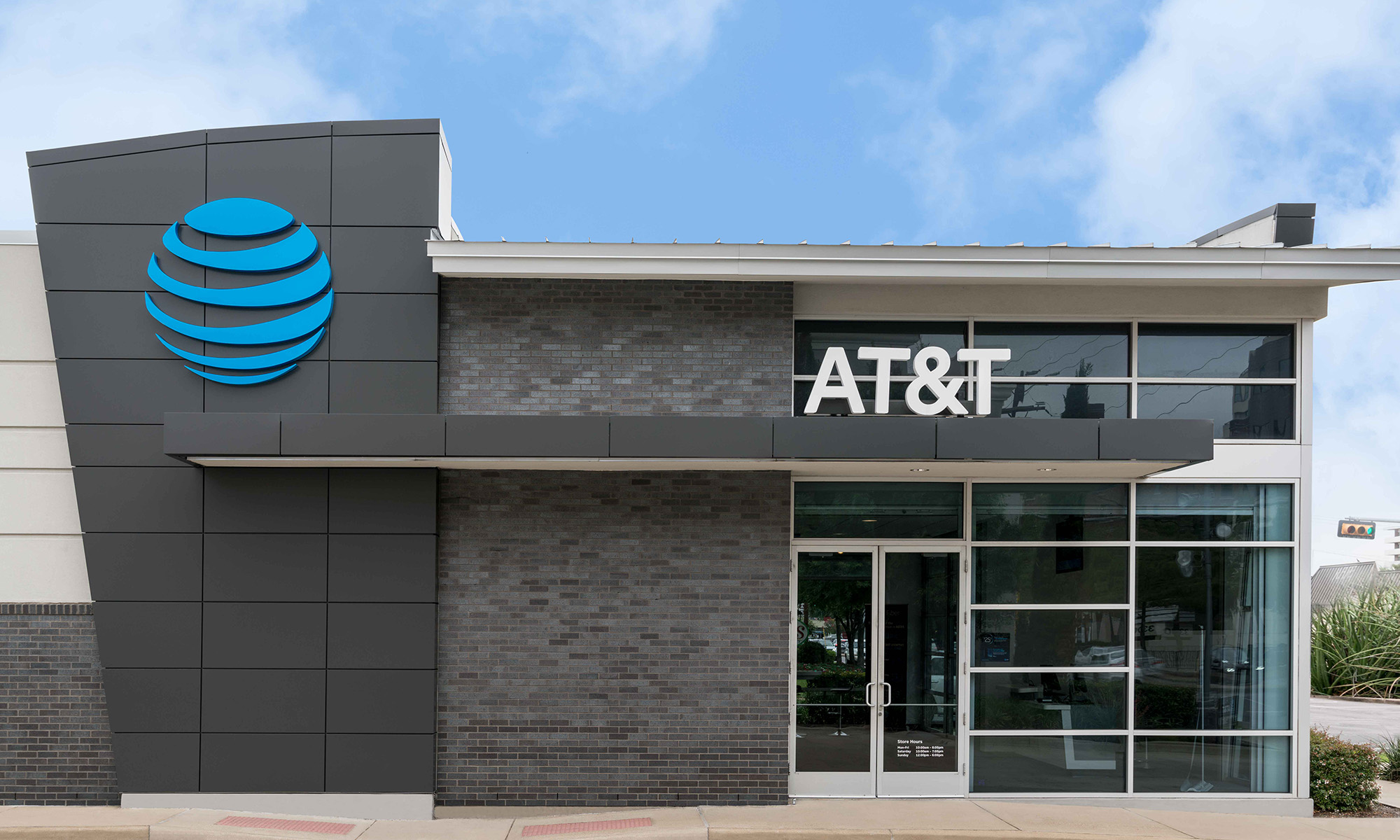For years, AT&T (T 0.68%) and Verizon (VZ 1.71%) have built their marketing around the idea that they had better networks than upstart rivals T-Mobile (TMUS 2.25%) and Sprint (S +0.00%).
From "Can you here me now?" to "Better Matters," both wireless leaders have hung their hats on the concept that superior service justified higher prices. Of course, they never exactly came out and mentioned that they charge more, but especially over the past couple of years, T-Mobile and Sprint have moved toward discounts while AT&T and Verizon have been more expensive.
For many years this strategy made sense. As recently as two years ago, AT&T and Verizon had big network leads. It's not bragging if you actually are better, but recent studies from RootMetrics and OpenSignal show that the one-time clear leaders have lost most, if not all, of their leads. This hasn't stopped either company from pushing network quality as the reason for consumers to pay more for their service.
The big two wireless companies are effectively the prettiest girl in high school or the captain of the football team at their 10-year reunion. Their former glory has started to fade, if not disappeared entirely, but neither has figured out something else to hang his or her hat on.
The world has changed
Just a few years ago, AT&T and Verizon had such a huge lead over T-Mobile and Sprint that comparing them was almost silly. For example, in its first half of 2013 report RootMetrics made it clear that the big two were playing a different game than their lesser rivals.
"As you can see in the following RootScore Award breakdown, it was largely a two-horse race between Verizon and AT&T in the first half of 2013," the research company wrote. "From a RootScore Award standpoint, the other carriers weren't even close."

RootMetrics first half of 2013 report. Source: RootMetrics.
Just two years later, RootMetrics, which uses a slightly different reporting structure now, showed that while Verizon and AT&T still top the study, they are losing ground to T-Mobile and Sprint.
"Verizon's margin of victory in five of the six categories, however, was relatively small," according to RootMetrics first half of 2015 report. "AT&T finished a strong second in the majority of categories, Sprint narrowed the gap in call performance, and T-Mobile made strides in our data and speed categories."

Verizon is still on top in the first half of 2015, but its lead has shrunk. Source: RootMetrics.
The outlook is even worse for the higher-priced industry leaders when you look at the OpenSignal report, which came out Feb. 2, almost six months after the first half of 2015 RootMetrics report. OpenSignal, which uses different methods than its rival research firm, showed that Verizon is barely clinging to a claim on the top sot while AT&T can no longer clearly say it holds second place.
T-Mobile has the most to celebrate with OpenSignal's ratings, which the research firm elaborated on in the full version of its report.
"T-Mobile traditionally has fallen short of its larger rivals Verizon and AT&T in coverage, but it's a problem CEO John Legere has vowed to fix," the company wrote. "Our most recent data shows he's making good on that promise. T-Mobile's LTE coverage increased to 81% in the fourth quarter. It now nearly matches AT&T in LTE availability and is closing the gap with Verizon."
OpenSignal's ratings aren't as easy to quantify as RootMetrics', but T-Mobile, and to a lesser extent Sprint, did very well while Verizon looms decent and AT&T looks like the Cincinnati Bengals after a playoff game coached by Marvin Lewis.

Source: OpenSignal
The emperors have no clothes
Despite what the numbers say, Verizon still tags its ads "better matters," and AT&T uses the phrase "AT&T's network has the nation's strongest LTE signal." Both are dubious claims based on a selective reading of the facts.
Of course, the general public doesn't generally read the RootMetrics or OpenSignal reports nor do most consumers have an awareness of the media coverage of their results. That's why AT&T and Verizon can get away with charging higher prices even though they no longer offer clearly better networks.
For a while at least, perception is reality, but that won't last forever. Both AT&T and Verizon have good networks, but so do T-Mobile and Sprint. It's even possible that Verizon at least, still has the best network, but this isn't the Super Bowl or a heavyweight title fight where there are clear winners and losers. In the case of wireless networks first, second, third, and fourth simply don't matter when the difference between all four has shrunk to such minimal amounts.
There are situations when all four carriers represent the best choice for someone, but for most of us, any of them will do just fine. It's a case where better really doesn't matter and yes, we can hear you now whether you're on Sprint, T-Mobile, AT&T, or Verizon. In that world, the one we actually live in where all four companies post similar ratings, it's really price that matters and T-Mobile and Sprint win that fight clearly.







